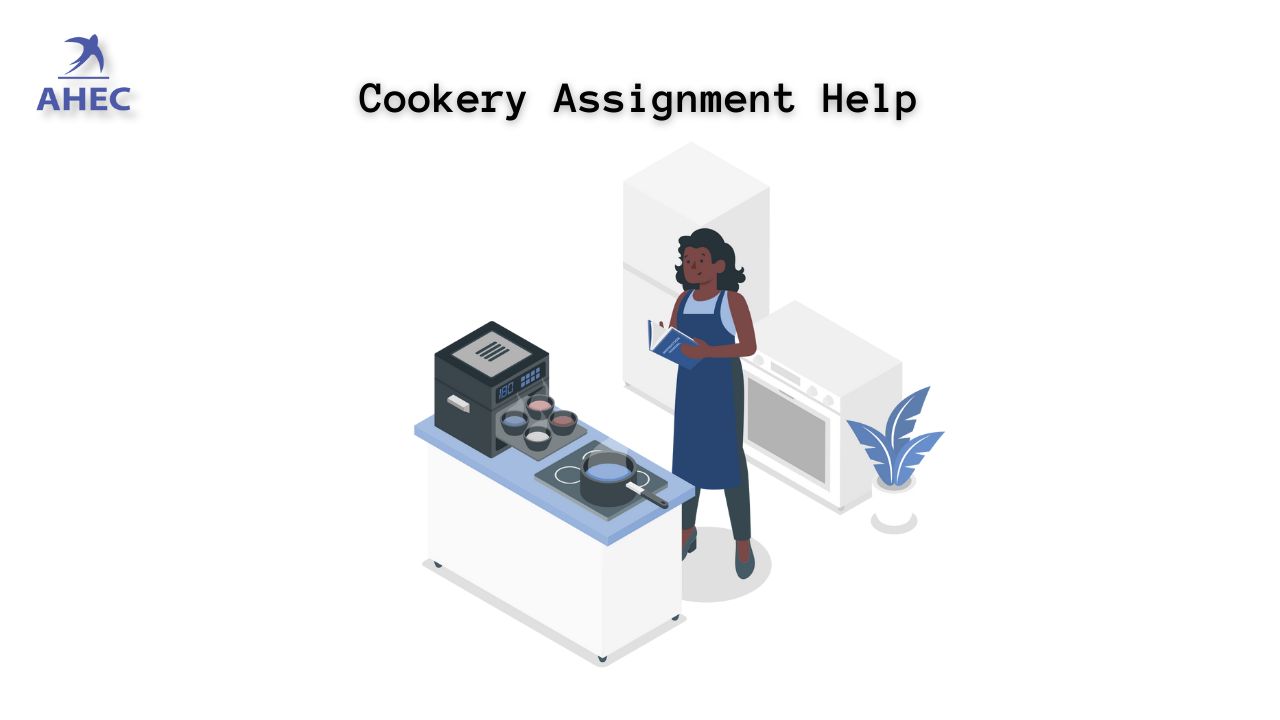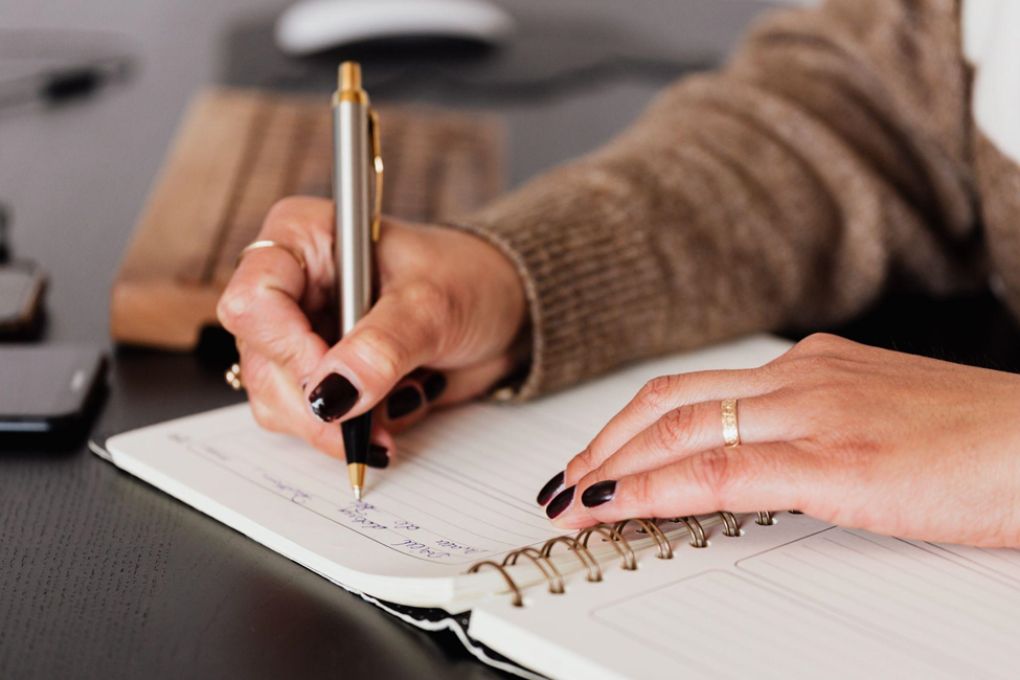As you know, studying is crucial, and if there's one thing you need to do well, it's to develop solid study habits. Moreover, every student needs to establish healthy routines to strike a healthy balance between their academic pursuits and other aspects of their lives. This can only be accomplished if the student can effectively manage their time so that they have some spare time for themselves. Your academic performance may improve due to good habits, and you may find that you become more productive in a shorter amount of time. All you need to do to enjoy these benefits is stick to a routine that works well for you and still leaves you with some time to relax. This also assists with stress management while increasing one's confidence. Therefore, in this blog post, we are going to talk about productive study habits. and make an effort to familiarize yourself with the methods and approaches that can significantly improve your capacity for learning and recall.
- Build a conducive learning environment
- Create a study plan
- Minimize disturbances
- Take breaks
- Begin with a 21-day challenge
Build a conducive learning environment
The most important part of any good study plan is creating an environment that is conducive to learning. Finding a spot in your home that is free of distractions and has good lighting and furniture that works for you is the first step in creating the perfect study place. After that, look for quality coffee shops or libraries; both of these kinds of establishments can provide an inspiring ambiance that can urge you to greater levels of productivity. Because having a designated study area makes it much simpler to concentrate and complete assignments.
Create a study plan
Making a study plan is a great way to get more done in less time. Start by brainstorming thoughts, writing them down, and creating a master to-do list that includes all of your study habits, a schedule for your wake-up and sleep times, and deadlines for completing each activity. Daily chores should be prioritized and completed in order of importance. Also, don't forget to plan some time for yourself. Remember to leave some room in your study schedule in case something unexpected comes up. Having a well-planned study plan will help you remain on track, maximize your study time, and retain what you learn.
Minimize disturbances
It is important to reduce distractions as much as possible, especially social media, which is designed to promote and ensure that you consume low-quality dopamine activities while distracting your attention away from real sources of dopamine, such as accomplishing a goal, working out, reading a good book, or spending time in nature. The more time you spend on social media, the less energy you'll have for the important task at hand, so use your phone after you've finished your work. Focus, stress relief, and a sense of success can result from minimizing distractions in your study space, so let your parents know about the damage and ask for their support in keeping you from using your phone there.
Take Breaks
Breaks are an important part of productive habits, so don't ignore them. Taking frequent breaks while studying has been found to boost productivity and learning. Taking breaks in between study sessions has also been shown to boost long-term memory retention as well as the mental and visual well-being of the student. and consider rest-schedule alternatives.
- Journal
- Meditation
- Take a quick nap
- Go for a walk
- Talking with friends
- Read a book you enjoy
There is no doubt that utilizing them and giving some thought to how you generally take breaks and relax will improve performance.
Begin with a 21-day challenge
There are many people who are aware of this fact, and I have no doubt that you are one of them. However, not everyone actually puts this information to use. According to studies, it takes around 21 days of consistent practice of a new habit or routine for it to become automatic. You can improve your perception of yourself and learn to pay closer attention to your actions and skills. Also, the idea of this task works well to break old habits and build new ones. You will also be able to stop putting things off and be pushed to take regular steps toward your goals. So, use this task and keep track of how well you do.
Additional Tips
Start with one habit, It's best to start with only one practice. To begin, focus on a single area that needs work until making that change becomes second nature. It makes you feel like you're almost done with a routine and can finally relax. Taking baby steps and sticking to them has also proven successful. So pick one routine to focus on initially.
Join a study group, A good study habit is to either join or form a study group. It's beneficial to form or join a study group if you can find like-minded people who are ready to get into their studies with you, hold you accountable for completing your assignments on time, and provide a healthy dose of friendly competition to keep you focused. and by doing so, you'll get the help you require.
Declutter your space, Decluttering your study room can have a significant beneficial effect on your studies since it increases focus, decreases stress, and gives you a sense of accomplishment. If you want to maintain your sense of order, productivity, and calmness, it's important to set aside time for this activity on a regular basis.
Stay hydrated, The most important thing you can do for yourself is to drink enough water every day. Dehydration can lead to mood swings, less energy, trouble fixing problems, and a lack of motivation. Staying hydrated is a good way to avoid these problems because it gives your brain the nourishment it requires to work well and makes it easier to understand, learn, and remember what you're studying.
Sleep, Students often underestimate the need for sleep, yet doing so would be harmful because it is essential for productive studying and high grades. Additionally, it improves overall health. Getting a good night's rest, ideally between 6 and 8 hours, is crucial for your mental health and can make or break your day.
Conclusion
In conclusion, we have explored effective learning habits as well as strategies that may improve one's ability to remember previously learned knowledge. You can't possibly know what works best for you, when to do it, or what methods to employ unless you take the first step and start. Try different things until you find the one that works best for you, and make sure you keep trying new things. Moreover, make an effort to include these habits in your life because they are not only easy to accomplish but also highly effective in lowering stress, providing more time to be yourself, and maintaining relationships with others.






























































































































































